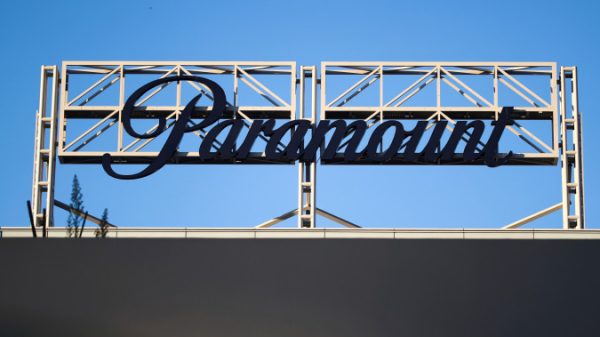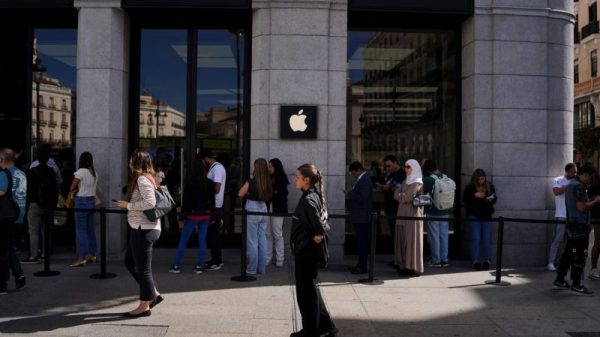Stock splits, long out of favor, are making a comeback.
It started with Walmart, which announced a 3-for-1 stock split on Jan. 30, with the additional shares being distributed on Feb. 23.
And from there, it picked up steam. On Thursday, Williams-Sonoma announced a 2-for-1 split, and on Wednesday, Broadcom announced a 10-for-1 split.
Stock splits are far less common now than 20 or 30 years ago. During the tech and internet bubble of the late 1990s, stock splits were common. David Kostin, chief U.S. equity strategist at Goldman Sachs, noted that roughly 15% of Russell 1000 firms split their stock each year in the late 1990s, but that proved to be an anomaly.
By the mid-2000s, roughly 5% of the Russell 1000 members split their stock each year, and after the great financial crisis from 2008-2009, stock splits practically ceased.
Importantly, splits did not increase after the market began recovering in 2010.
The likely reason is the institutional base for stock ownership has come to dominate the market. Institutional investors invest by dollar value, not by shares. They would typically buy, for example, $10 million in stock and wouldn’t care what the price is.
But recently, there are signs of a subtle shift. Some of it may be because the price of some stocks reached absurd levels. Chipotle, for example, has never split its stock and is trading over $3,200 and will soon split 50-for-1. Nvidia was over $1,200 by the time it split 10-for-1.
More importantly, some companies appear to be more interested in appealing to retail investors.
Nvidia noted that the purpose of the split was to “make stock ownership more accessible to employees and investors.” Chipotle said the same thing.
Walmart also cited these factors in its statement announcing the split: “The stock split is part of Walmart’s ongoing review of optimal trading and spread levels and its desire for its associates to feel that purchasing shares is easily within reach.
In theory, no. The value of the company remains the same.
However, many academic studies have noted various changes in trading patterns for stocks that split, though these changes are not uniform. One academic study published in the Journal of Risk and Financial Management in 2023 found several positive benefits:
1) Trading volumes go up
2) Liquidity, or the ability to trade a lot of shares without moving the price, improves
3) Stock splits increase the shareholder base for the company
These changes may have subtle impacts on the stock price.
If companies with a retail focus are suddenly more sensitive to their prices, there are some obvious candidates. The “over $1,000” club in the S&P 500 is small and getting smaller: Chipotle ($3,230), Broadcom ($1,679) and Lam Research ($1,032) are all splitting their stocks.
The holdouts include Booking Holdings ($3,852), Autozone ($2,809), and Deckers Outdoors ($1,026).
Other high-priced stocks with a retail focus include Costco ($843) and Super Micro Computer ($872), which recently joined the S&P 500.
However, if corporate America smells that there is a trend and can attract attention by splitting stocks, retail-facing companies with much lower price profiles may also become candidates.
That might include Spotify ($305), Ulta Beauty ($397) or even ServiceNow ($715), which has never split its stock.







































